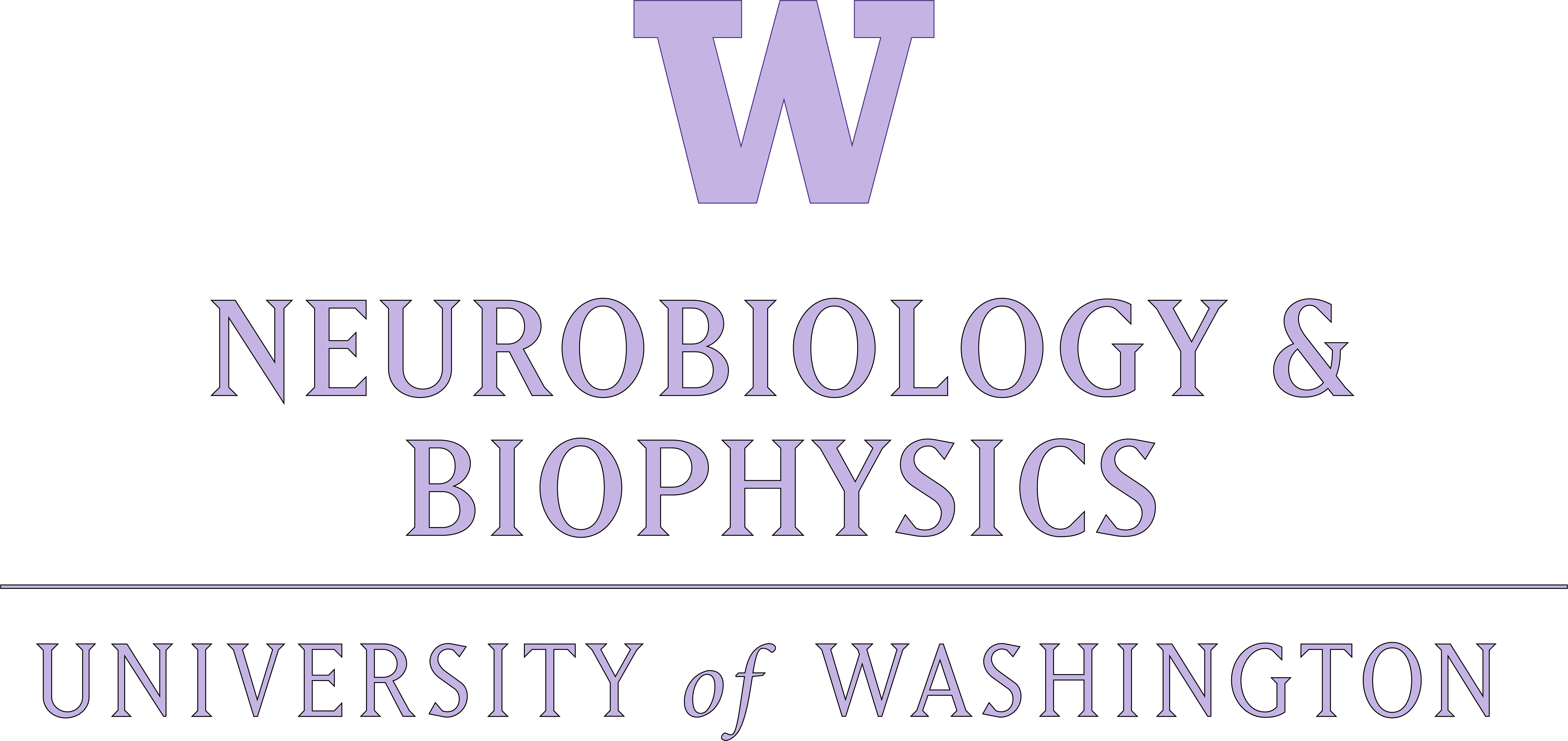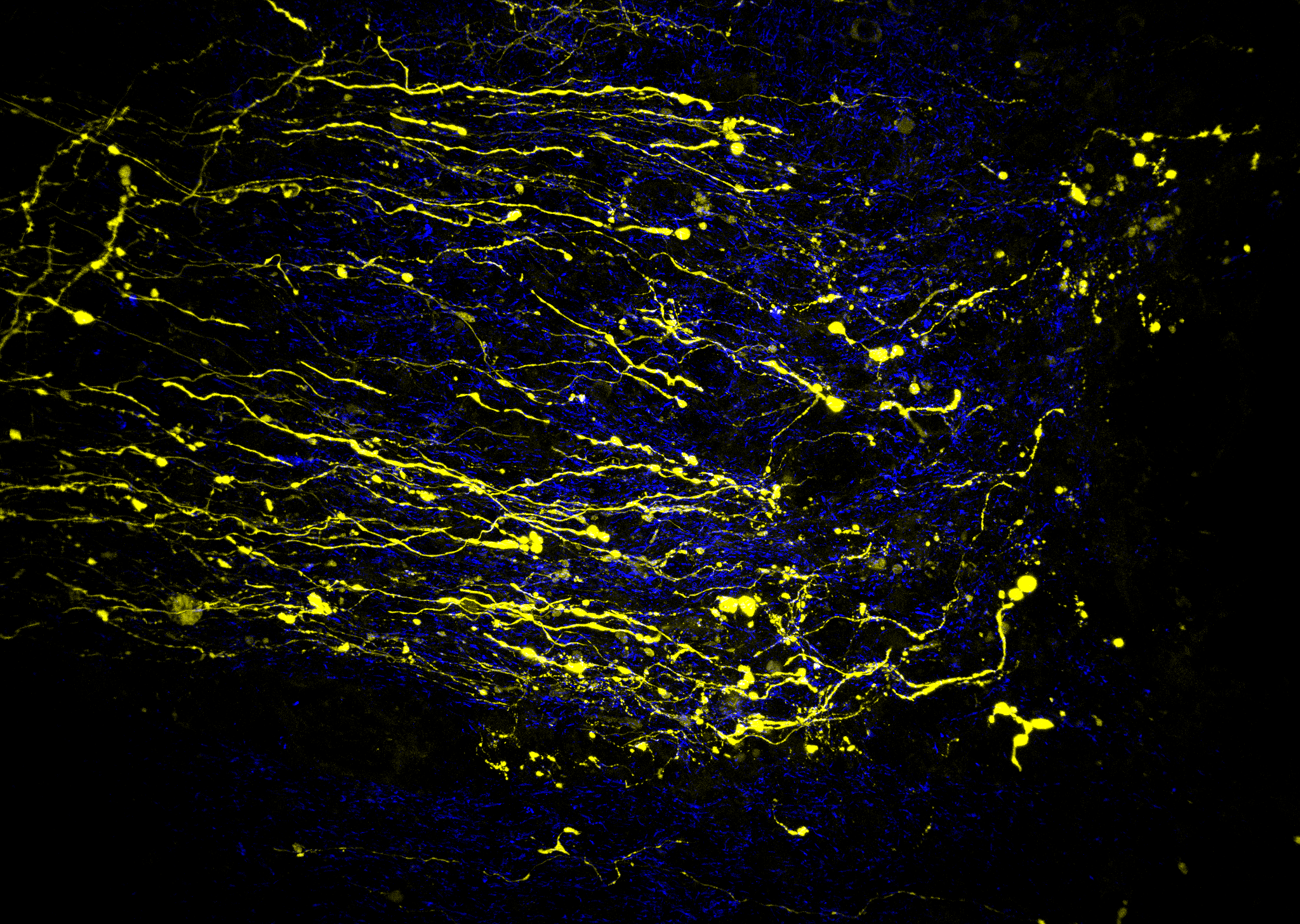Astra Bryant, PhD
Thermosensory physiology of parasitic nematodes
Our lab focuses on understanding the sensory neuroethology and thermal physiology of soil-transmitted parasitic nematodes that infect over 1 billion people worldwide.
We use an interdisciplinary, multi-scale approach combining expertise in neuroscience, parasitology, molecular biology, bioinformatics, and genetics to understand the molecular, cellular, and organismal adaptations that drive the specialized thermosensory abilities of parasitic nematodes. For this work, we use the human-parasitic nematode Strongyloides stercoralis and the closely related rat-parasitic nematode Strongyloides ratti as model systems. We also use the free-living model nematode C. elegans, which shares many of the same genes and neurons as parasitic nematodes, but exhibits fundamentally different sensory behaviors.
We are driven both by curiosity about the adaptations that generate specialized behavioral repertoires from evolutionary conserved neural circuits, as well as the potential to develop new approaches to treating a major threat to global health and economic stability.


